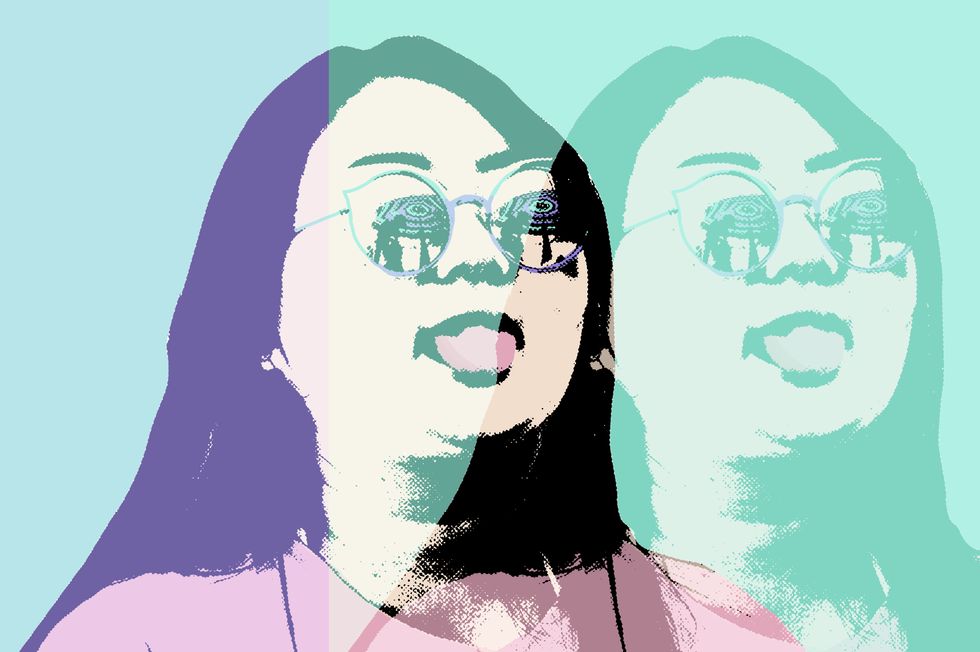Introverts and extroverts truly are the most classic example of clashing personalities. Introverts want to stay in, watch a movie but an extrovert wants to take a trip with five other people to Disneyland. Extroverts want to stay indoors for a party, but introverts want to go out on a hike with just that one person.
But stereotypes are stereotypes and certainly do not cover the range of personalities within introversion and extroversion. In fact, this common perception of introversion and extroversion differs immensely from the most commonly accredited original theory by Carl Jung. Introversion and extroversion each are theorized to contain four different types within their range of personalities.
Introversion:
New York Magazine summarizes the four types of introversion theorized by psychologist Jonathon Cheek: social, thinking, anxious, and restrained.
Social introversion refers to that familiar introvert who shies away from large groups and prefers solitude. Now, in no way does this mean that a socially introverted person is anti-social. Sounds backward, right? But it is true, you might just prefer one-on-one interactions. It is not always social anxiety or shyness that spurs social introversion. A social introvert might, in fact, be one of the most talkative people you meet!
Thinking introversion refers to the deep thinkers who might just fall off a cliff or run into a pole while lost in thought. I'd like to think of it as shower thoughts, 24/7. That makes for a person who might appear calm and silent but might just ask you the most probing questions.
Anxious introversion refers to those who are socially anxious and self-conscious. Honestly, I think this is something everyone experiences, to certain degrees, consistently. If you experience this often, don't let that get you down on yourself. Perhaps try to shift all that thinking just a bit to become introspective and positive than over-analyzing and stress inducing.
Restrained introversion refers to those who are very purposeful with their words and actions, and so might appear more slow to make decisions. But being restrained is called restrained for a reason -- holding back. This is both a good and a bad thing, so just remember life requires more thought out processes and spontaneous ones.
Extroversion:
Thought Catalog responded to New York Magazine's article on introversion with also the four different types of extroversion theorized by leading intro/extroversion psychologist Carl Jung: sensors, feelers, intuitives, and thinkers.
Sensors suck up energy like a sponge from their surroundings. For sensors, actions speak louder than words. These are the people who most likely notice you being more down one day and suddenly proclaim, "Let's go out somewhere!" Their senses are heightened to notice the energy in the air and the way people present themselves. Sensors might come in a range of people who are loud and confident to people who are quiet but wild.
Feelers love the human experience. They are the ones who want to meet everyone and truly get to know each and every person on your dorm floor. Feelers thrive on the energy of others, loving all long and short conversations. Just remember, dear extroverted feelers, to take time for yourself as well. Love people just as much as you love yourself.
Intuitives might be the most introspective extroverts you will meet. More than making interpersonal connections like feelers or exploring the world like sensors, intuitives explore ideas and possibilities. They'll come up and possibly bring up a polarizing subject, but keep it respectful and calm. They truly want to understand ideas through conversations with others.
Thinkers are the confident and precise networkers. With clear goals, thinkers choose the most logical path whether that be by meeting an expanse group of people or by becoming the leader and taking control. However, no worries, they are just human. Thinkers do love company and thrive to reach achievements in work and personal relationships.
This is a brief overview of the spectrum of personalities possible under introversion and extroversion. By no means does this mean that these are the only possibilities. Humans are complex, and so by nature people typically identify with more than one type. So if you feel like you're a social introvert but also an intuitive extrovert, it's completely possible. Don't lock yourself into one type! People grow and change, so make sure to find time to get to know yourself, whether you believe you're an introvert or extrovert.
















